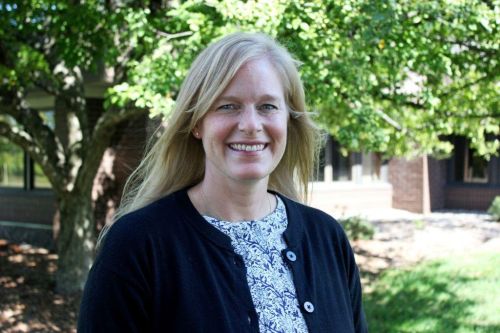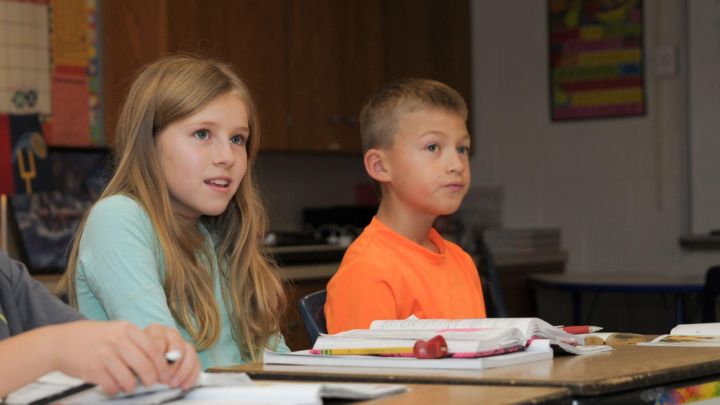Educating Students Impacted by Trauma
Imagine not knowing if your father is healthy enough to put you to bed at night; wondering if your mom will stop crying so much; or moving across the world, away from all that has been familiar to you throughout your life. Trauma has become an increasingly prevalent topic in Christian education today. We understand trauma as occurring when a powerful experience overwhelms a person’s ability to cope. Trauma does not discriminate. It impacts children regardless of race, socioeconomic status, religion, or family systems.
With an improved understanding of the impact of trauma, educators are better equipped to support the learning and behavior of affected students.
As an organization dedicated to supporting students with a variety of gifts and abilities, we find that trauma can be a significant barrier to a student’s education. As we get to know every student we serve most excellently, trauma can often be part of that student’s history.
Thanks to donors who help us stay at the forefront of best-practice education, we can apply today’s research in the classroom to help these students learn and succeed.
Current research provides an understanding of how thinking processes are altered in the brains of children and youth who experience trauma. Those structural changes impact the way a student learns, interacts with others, and processes events. Kids then struggle to calm down strong emotions, focus on instruction, understand the social environment in school, and interpret the signals their bodies are sending them.
Using the language of the “Thinking Brain” and the “Doing Brain” can help staff and students understand how the brain responds to trauma.
When school personnel understand these changes in the brain, student behavior can be interpreted through the lens of trauma.
With this shift in perspective, school personnel are better equipped to help students who have experienced trauma learn new adaptive skills and become engaged, positive, and included members of the school community. Providing support in the moment, teachers can use their own calm emotions to help a student regulate behaviors. School staff can support students in learning new coping skills and set up their classrooms to be safe and healthy environments that promote growth: academically, behaviorally, and socially. As a school, staff are encouraged to support one another on challenging days and work together to create a positive, safe, and consistent school culture.
This knowledge is already shifting how our schools are responding to students who have experienced trauma. Jackson is a third-grade student who has grown up with a significant amount of instability in his life, both in housing permanence and his family relationships. Although some days continue to be challenging, Jackson is making progress with the support of the school principal, classroom teacher, and educational support services teacher. They are helping him to recognize what his brain and body are experiencing, and how to access his “Thinking Brain” to respond to challenging situations. The work is hard, but each day Jackson comes and puts in the hard work, with more moments to celebrate each day!
This article originally appeared in the Spring 2017 Inclusive newsletter.

Betsy Winkle
Director of Educational Services, Evaluations
Betsy Winkle, S.Psy.S. is the director of evaluation services at All Belong.
